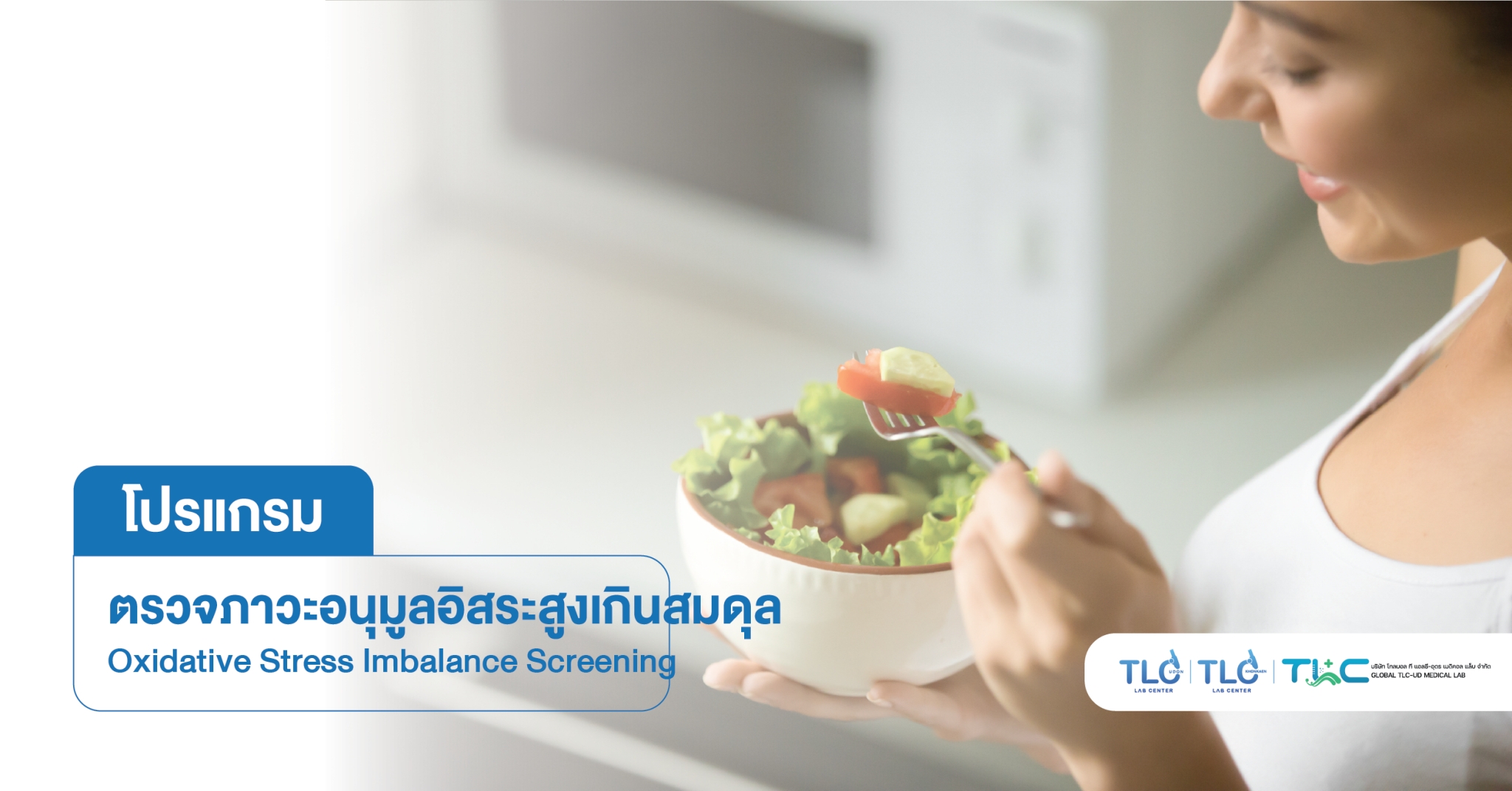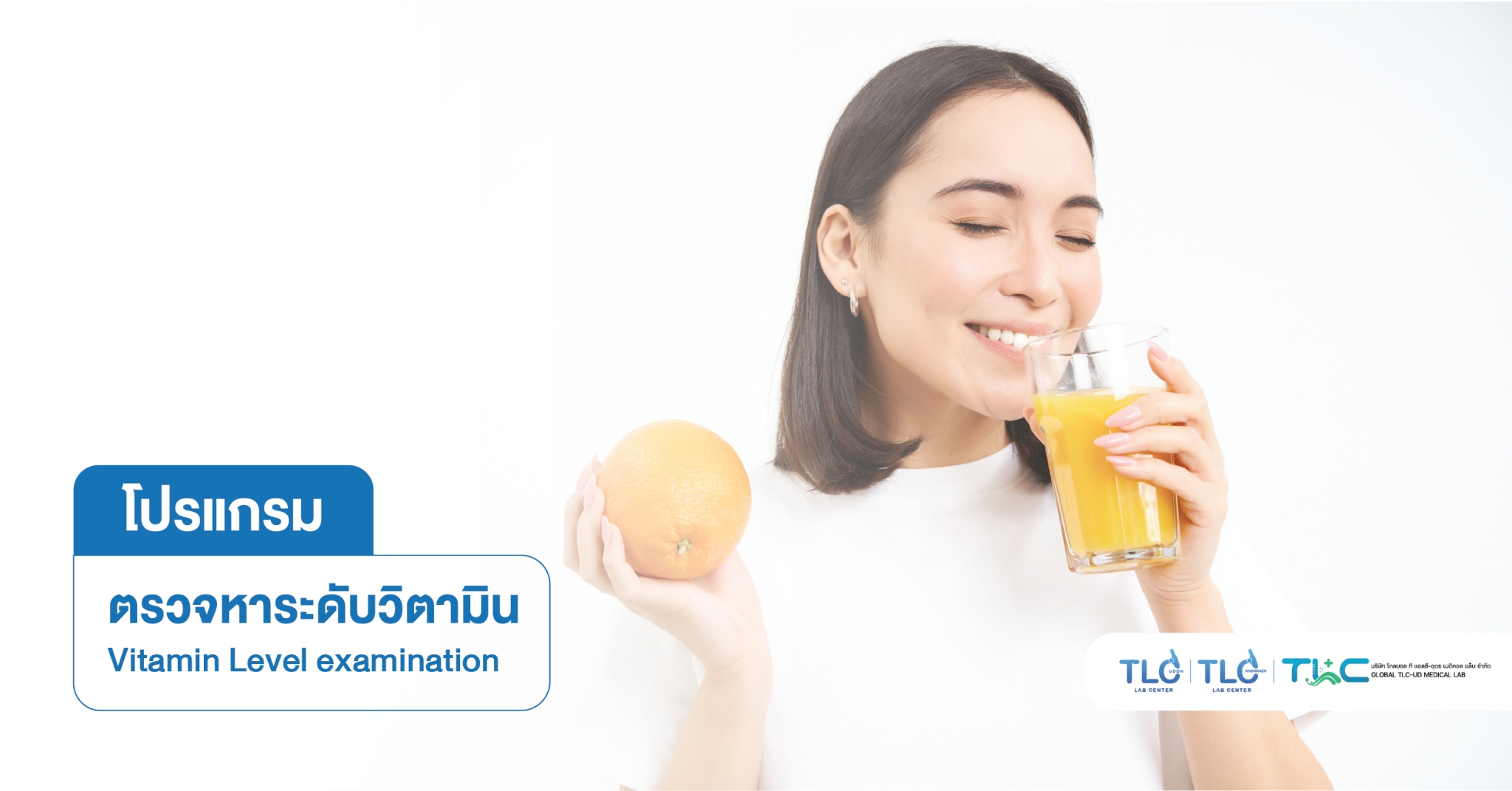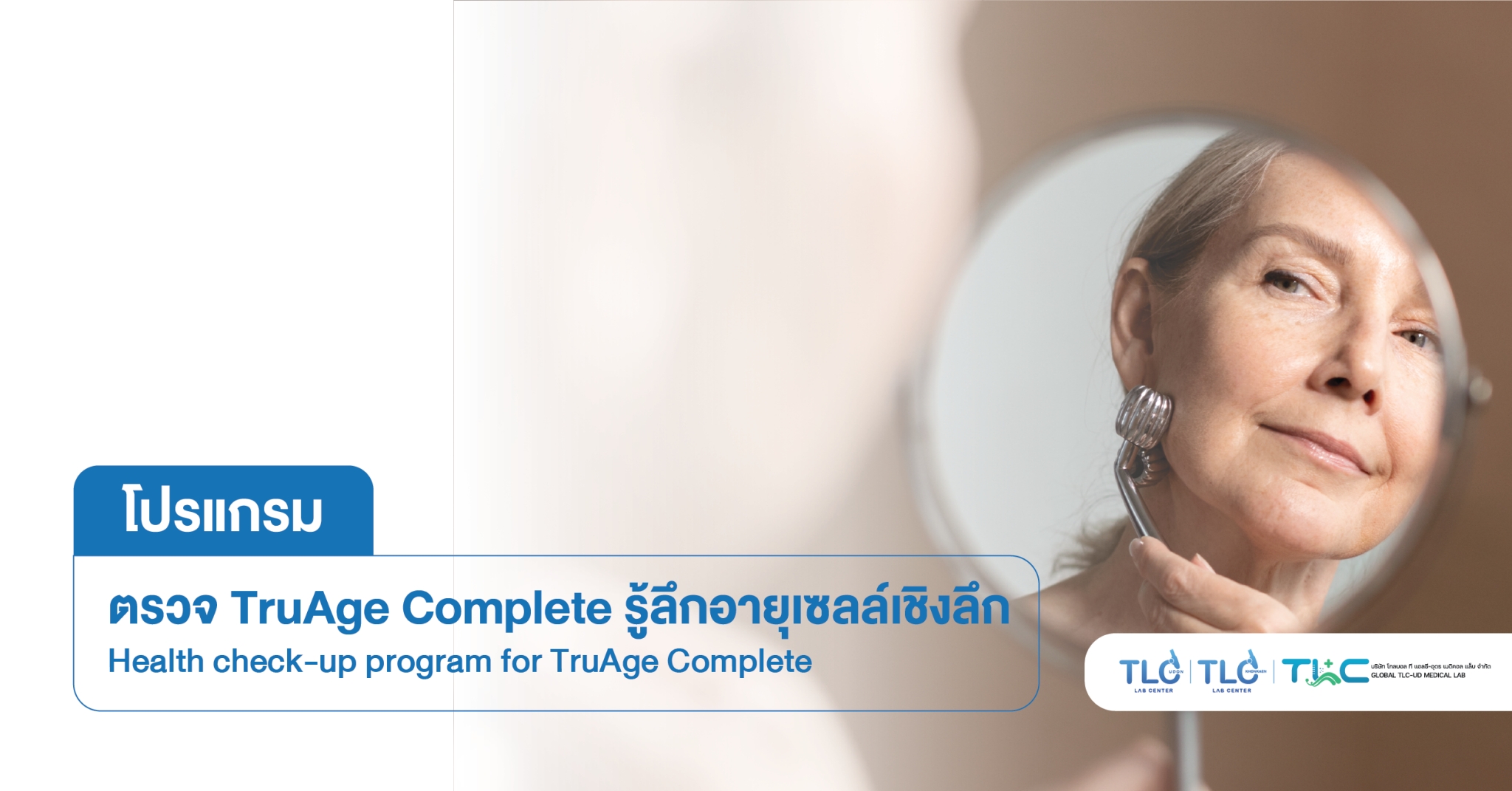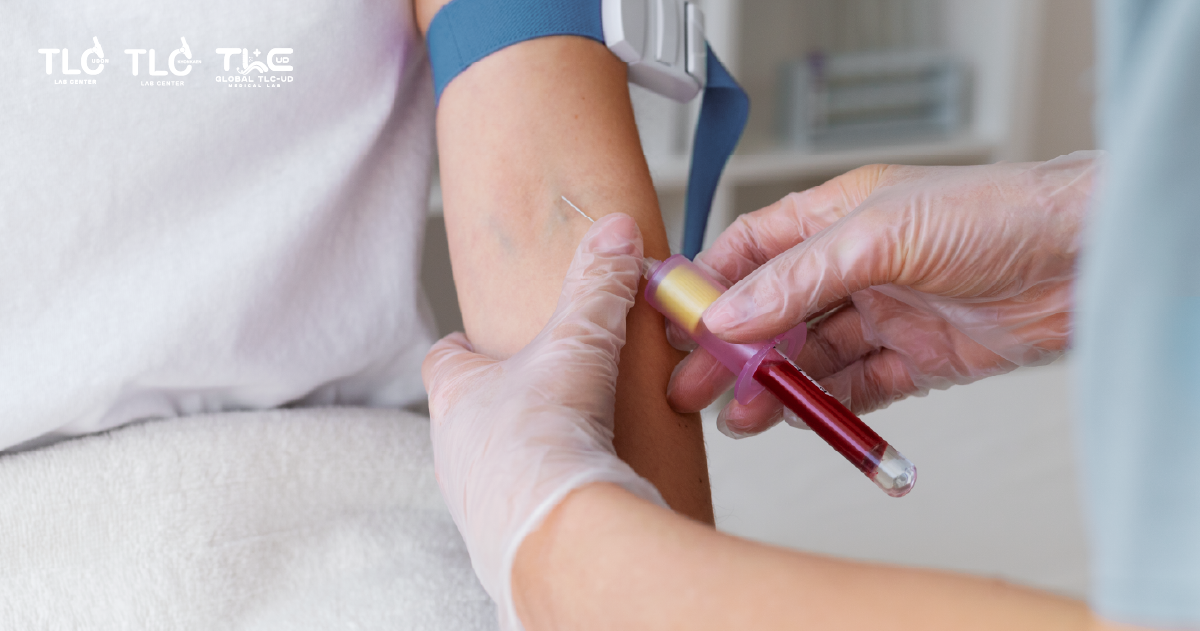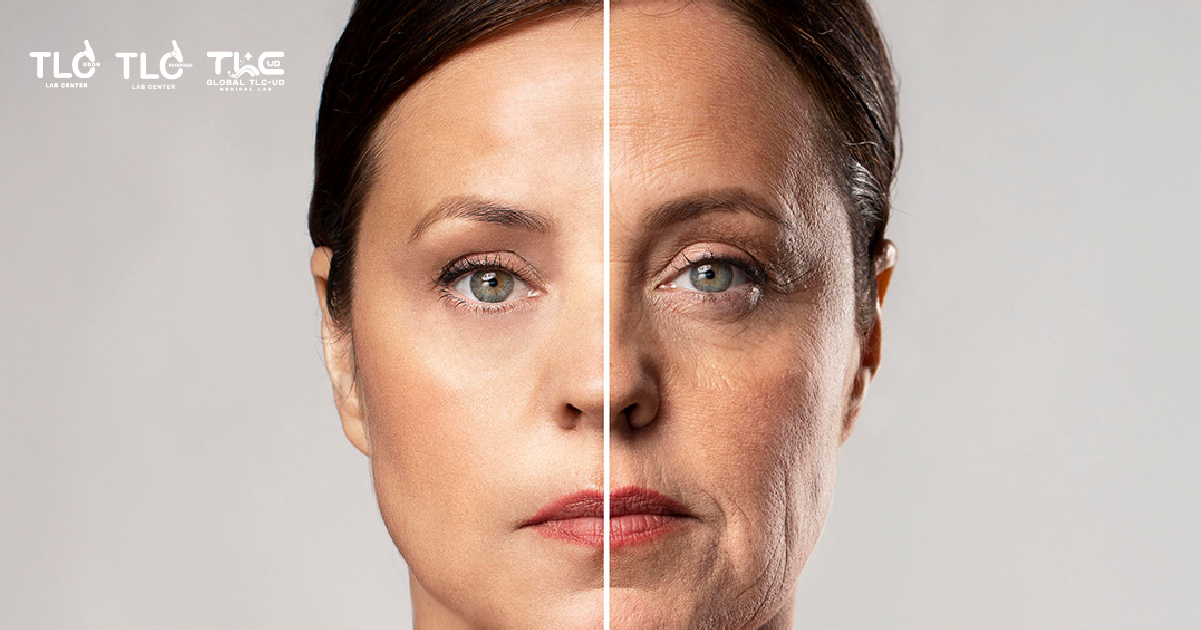Get to know antioxidants – “substances that help fight aging.” Is that true?
Antioxidants : This word is often heard and seen in advertising media, especially for vitamins, dietary supplements, or skin care products, but many people still don’t understand “free radicals.“ What are radicals and antioxidants? Where do they come from? Are they really beneficial for the body? And how? Today we’re here to answer these and get to know each other better.
Antioxidants. What are they?
Antioxidants are compounds that make the immune system in the body work more efficiently, which helps fight free radicals that the body produces so that these free radicals do not damage cells or destroy the immune system.
What are Free Radicals?
Free radicals are waste products that the body has built up all the time. It may come from the metabolic process such as stress, not enough sleep, pollution, tobacco smoke, alcohol, processed foods or it can comes from increasing age.
When free radicals in the body increase gradually and without inhibition, they allow cells within the body to deteriorate faster, causing us to look older. Wrinkles develop, and many diseases such as cancer, diabetes, heart disease, high blood pressure, dementia, cataracts, as well as obesity. For this reason, antioxidants are an important part of our body’s fight against premature decline.

Free radicals can arise from both internal and external factors, as follows:
- Free radicals in the body mainly come from normal essential metabolic processes in the human body to create energy. The subunit within the cells is called mitochondria. If we eat more food than we need, the body will produce more free radicals.
- Free radicals arise from external stimulants and result in more free radicals in the body, including UV rays, smoke pollution, smoking, bacterial or viral infections, eating stir-fried, fried, and grilled foods, as well as physical stress (lack of sleep, dieting, weight loss, strenuous exercise) and mental stress.
When free radicals are formed, our bodies have the mechanism to fight or eliminate these toxicities by creating “antioxidants” against them. Whenever our body has too many free radicals to handle, the bad free radicals will start disrupting and destroying cells in the body slowly without us realizing it.
Oxidative stress is a condition that occurs when your antioxidant levels are low. What follows can be diseases such as heart disease, diabetes, high blood pressure, hyperlipidaemia, dementia, cataracts, and obesity and cancer etc.
Oxidative stress can lead to cell and tissue breakdown. However, there may be some benefits of this imbalance. In some studies, oxidative stress has been shown to help combat certain conditions like cancer.
What are antioxidants?
Antioxidants:
- Vitamin A
- Vitamin C
- Vitamin E
- Astaxanthin
- Alpha lipoic acid
- Beta-Carotene
- Lutein
- Lycopene
- Selenium
- Omega 3
These antioxidants will help strengthen the functioning of the immune system and white blood cells to fight foreign bodies better, and most importantly, help destroy free radicals caused by various factors, which will help slow down cell degeneration and slow down aging.

Where are antioxidants found?
Normally, our bodies can produce antioxidants on their own, and when we are getting older , they produce less. It will be found that free radicals occur in the body faster than we rely on antioxidants that the body produces on its own. However, it may not be enough to inhibit these waste or free radicals. Therefore, we rely on external sources of antioxidants such as vitamins and supplements.
Foods are rich in antioxidants
- Yellow and orange fruits such as carrots, pumpkins, papayas, ripe mangos, sources of antioxidants ‘Vitamin A’ and ‘beta-carotene’.
- Green leafy vegetables such as kale, spinach, green peas, broccoli, sources of the antioxidant ‘lutein.’
Red fruits and vegetables such as tomatoes, watermelons, bell peppers, grapefruit, baby jackfruits and sources of ‘lycopene’ antioxidant
Red meat, tuna, eggs, liver and spinach, sources of ‘selenium’ antioxidant.
Guava, orange, strawberry, sources of ‘Vitamin C’ antioxidant.
Nuts, sunflower seeds, pumpkin seeds, whole wheat bread, wheat germ, whole grain cereals, avocados, as well as other fruits and meats, sources of antioxidants ”Vitamin E”
- Rice bran oil, fish oil, chia seeds, walnuts, salmon, fish fillets, sources of antioxidants” Omega-3”

If we don’t want our bodies to deteriorate or look prematurely aged, we should take precautions before the cells are destroyed by avoiding the stimulating factors that cause free radicals as mentioned above, and increasing the level of antioxidants from eating rich fruits and vegetables, a variety of vitamins, minerals and phytonutrients
More specific healthcare options: We can detect the level of antioxidants in each type such as vitamins A, C, E, Lycopene, Beta-Carotene and CoenzymeQ10, etc., which can be used to help us choose essential nutrients that are useful for disease prevention more accurately.


